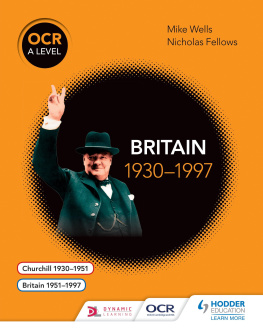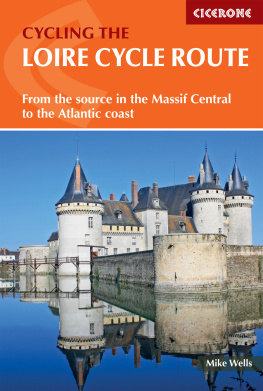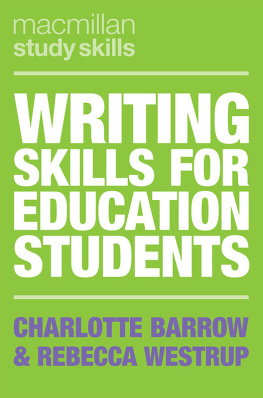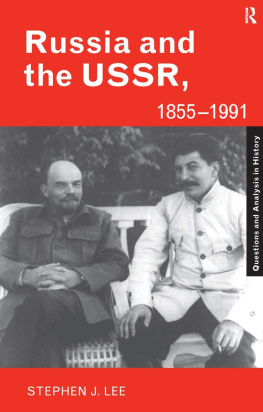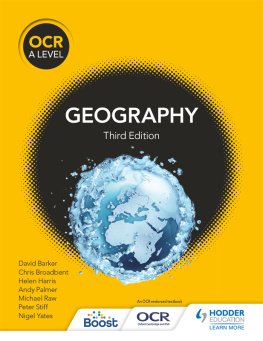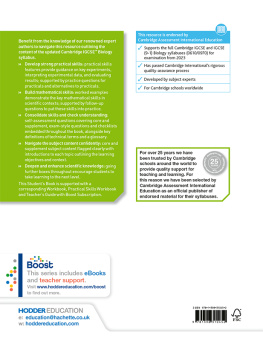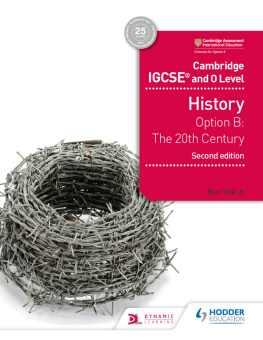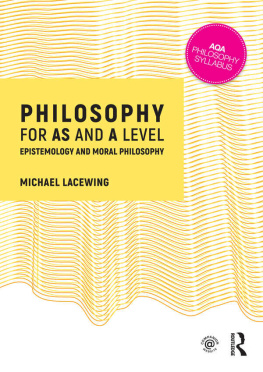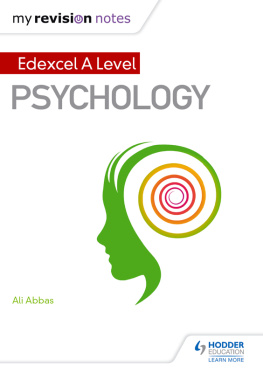Acknowledgements
pp. : Niall Ferguson: from Empire, How Britain Made the Modern World (Penguin, 2004).
Every effort has been made to trace or contact all copyright holders, but if any have been inadvertently overlooked the Publishers will be pleased to make the necessary arrangements at the first opportunity.
sorry something went wrong loading your content. Check the table of contents or try paging forward. Or contact us at support@bookshout.com
Chapter 1 Churchills view of events, 192940
This chapter deals with the period that Churchill spent out of government from 1929 to 1940, his return to the cabinet in 1939 and his appointment as prime minister in 1940. It considers why he was in the political wilderness for so long and whether this should be seen as his own fault. The major areas of disagreement he had with the Conservative-dominated National Governments were over India, rearmament, the abdication and foreign policy. The reasons for these quarrels are analysed. The chapter also examines how realistic his views were about these issues. The main issues of the period 192940 to be considered are:
Why was Churchill out of office for so long, 192939?
What were Churchills views on India?
What were Churchills views on the abdication of Edward VIII?
What were Churchills views on rearmament and appeasement?
Why did Churchill become prime minister in 1940?
The skills needed in answering questions about Churchill are those of using, analysing and assessing historical sources. This chapter introduces the key skill of interpreting sources that is, understanding their relevance to a historical issue. It also discusses how to assess the value of sources in relation to their provenance. The nature of the evidence and the context in which it was produced is considered in order to assess how far it can be used to confirm an historical view.
Timeline
| 1929 | May | Labour is the largest party after the general election. Churchill goes into opposition |
| 1930 | November | The first of three Round Table Conferences on India. Churchill opposes concessions |
| 1931 | August | National Government formed under Ramsay MacDonald. Churchill is not included |
| 1933 | January | Hitler comes to power |
| 1935 | March | Germany reintroduces conscription |
| June | Baldwin becomes prime minister. Anglo-German Naval treaty |
| August | The Government of India Act |
| 1936 | March | Germany remilitarises the Rhineland |
| Abdication crisis |
| 1937 | May | Neville Chamberlain becomes prime minister |
| 1938 | March | Germany annexes Austria |
| September | Crisis over Czechoslovakia |
| Munich Agreement |
| October | Munich debate in the House of Commons |
| 1939 | March | Germany invades Bohemia and Moravia (Czechoslovakia) |
| September | Britain declares war on Germany and Churchill re-enters government as first lord of the admiralty |
| 1940 | April | Norway campaign |
| May | German forces invade Low Countries |
| Churchill becomes prime minister |
Overview
The 1929 general election led to Labour forming a government. Winston Churchill, who had been the Conservative chancellor of the exchequer since 1924, left office. He was not in government again until September 1939, even though he was one of the most experienced and best known political figures of his day. He had been a major figure in governments, both Liberal and Conservative, since 1905 and was to go on to be prime minister from 1940 to 1945 and 195155.
The 1930s were an unusual period in his life. They were also an unusual period for Britain. In 1929 the country began to experience the worst economic depression in its history as a result of the Wall Street Crash, a major economic collapse in the USA, which spread to most countries of the world. Politically this led to the creation of a coalition government in 1931 made up of Labour, Liberal and predominantly Conservative political leaders and called the National Government. The economic crisis also brought Hitler and the Nazis to power in Germany. Hitlers policy of rearming Germany and overthrowing the peace treaty of Versailles led to a dangerous period of instability in Europe, which culminated in the outbreak of the Second World War in 1939.
As well as concerns over economic problems and the possible threat from Germany, Britain faced problems in its empire. There had been considerable unrest in India and the rise of opposition to British rule. A campaign of non-violent protest led by Gandhi had disrupted India and British leaders faced the task of making enough concessions to reduce protests while not losing control of the jewel in the crown of the empire. The role of the crown as the head of the empire was thought to be highly important, so a crisis involving the new king, Edward VIII, caused considerable concern. Unable to marry the woman he loved because his intended wife, Mrs Simpson, was a divorced woman, he abdicated in 1936.
There was a great deal of general political agreement about the need to avoid war, the need to reform India, the need to maintain respect for the monarchy and the need to focus on helping economic recovery. In contrast, Churchill found himself isolated politically. His ideas were highly controversial and unpopular:
He advocated rearming rapidly, whatever the cost, and taking action to prevent German expansion at a time when public opinion was against war and money was short.
At a time when most people favoured reform, he opposed any weakening of British control in India by giving concessions to Indian opinion.
He supported Edward VIII even when public opinion was against him.
His political style and ideas were thought to be old fashioned and out of touch with the realities of dealing with the depression.
However, when war in 1939 came, his experience and determination were more valued and, in May 1940, he became prime minister.
Why was Churchill out of office for so long, 192939?
The 1930s were a threatening period for Britain. Led by a ruthless and extreme dictator, Germany had emerged as a threat to European peace. Japan was intent on creating a new empire in the Far East and was threatening China. Italy was ruled by an expansionist dictator. There was civil war in Spain and the Communist regime in Russia was imprisoning and killing large numbers of its own people. Europe and the USA were suffering from the worst economic depression in history.
In this type of dangerous situation, it might have been expected that Churchill would thrive and be needed as a daring and imaginative political leader with massive experience of government. However, this was not the case. He did not hold office again until 1939. He was in conflict with the bulk of his own party and its leaders. He took up a series of unpopular causes and spoke about them in an increasingly reckless way. He became a more isolated figure in British political life, relying on a group of loyal advisers who were seen as outsiders and eccentrics. In the age of radio and cinema, when more people voted than ever before in British history and politicians no longer addressed great public meetings as the major way of communicating with their audiences, Churchills style of speaking came to seem old-fashioned and out of touch. By the mid-1930s, though mentally and physically vigorous, he was in his 60s and seemed to many to be part of a long-gone imperial age, described so vividly in his autobiography

